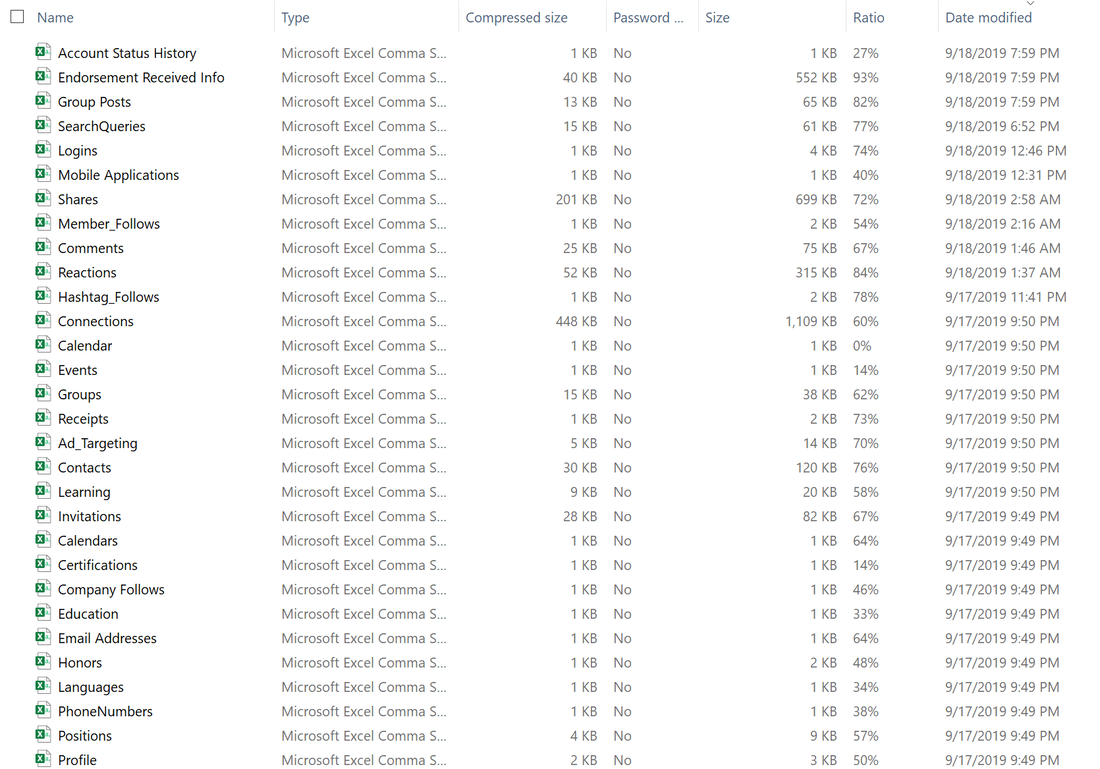|
It was maybe two years ago when I was first in discussions about data becoming a liability to companies. Until that time it had only been seen as an asset. This thinking is becoming mainstream and is really changing the behavior of companies. The masterminds that were devising models to get more data five years ago are now concentrating on how to make services that come without ‘data liability’ or are simply creating entirely new data models.
A Google search now reveals several articles about data as a liability and I have raised the subject with many significant tech and consumer companies in Silicon Valley. One very significant company has even told me how they are systematically deleting information that is not directly linked to their core business. Some other companies have mentioned how they had earlier offered data as a bargaining chip to get good deals with other companies. But they have now seen this no longer working for them and many are avoiding collecting data because of the potential liability attached to it. We are still in a watershed moment; some businesses and business leaders are still in the old paradigm that they want to get more data and believe it is key to their business. But the most advanced companies are finding new ways to get value and new customer relationship models so that they can minimize their liability yet still get value from customer knowledge and also find a fair data relationship with their customers. These changes and new models are not always easy to explain to the old paradigm people. They might think that the only way to use the data is to have it in their own hands. Of course, new data regulations first in the EU and later, for example, in California or New York will also accelerate this change and understanding. However, it is not easy to understand different models that utilize data if you don’t have the basic knowledge of data science and an understanding of software business models and how software is written, used and distributed nowadays. Data traders and brokers are the first ones to really suffer from this change. It is not only that companies have become less willing to buy data generally, but the reputation and image of the data trading business has suffered significantly. There are many good reasons for this and we can say that not all of those companies have been ethical or transparent in their business – sometimes with operations in a ‘grey’ area. There are at least three models to handle data in a new way:
Some ICO companies have introduced models where people could own their data and then sell it in return for some tokens. This model’s most relevant point is that people could get value from their own data, but in reality, it is very hard to get this kind of market to actually work. The idea of data exchanges and markets is looking quite dead. During the 25-year history of Internet services, we have seen many market place ideas that have not worked in real life. The personal data exchange model is probably one of those. It is relevant that people get fair value from their own data, but it most probably comes in other formats not necessarily suited for sale in an open market place. And how do you price your data? Can you sell it for one-time use only? Some have compared it to selling one’s own organs, and I can see the point in the comparison. The key for new data models is to find new customer relationship models. How people can get value from their data in daily situations. The value can be better experiences, better prices and more relevant services. The company must be able to serve the customer better, if the customer shares data in the transactions. Technology, including AI, offers many new ways to achieve this. Changes take time. Most automobile companies are still making combustion engine cars that are driven by human beings, although everyone knows the future belongs to self-driving electric cars. No serious carmaker can ignore this future and they must also invest in these future cars. It is the same in the data business, many companies must still manage their old model data, but they must prepare for the future of the data business that is much more distributed and customer driven. The article first appeared on Disruptive.Asia. Read more about new user-centric data models at Prifina. |
AboutEst. 2009 Grow VC Group is building truly global digital businesses. The focus is especially on digitization, data and fintech services. We have very hands-on approach to build businesses and we always want to make them global, scale-up and have the real entrepreneurial spirit. Download
Research Report 1/2018: Distributed Technologies - Changing Finance and the Internet Research Report 1/2017: Machines, Asia And Fintech: Rise of Globalization and Protectionism as a Consequence Fintech Hybrid Finance Whitepaper Fintech And Digital Finance Insight & Vision Whitepaper Learn More About Our Companies: Archives
January 2023
Categories |





 RSS Feed
RSS Feed
